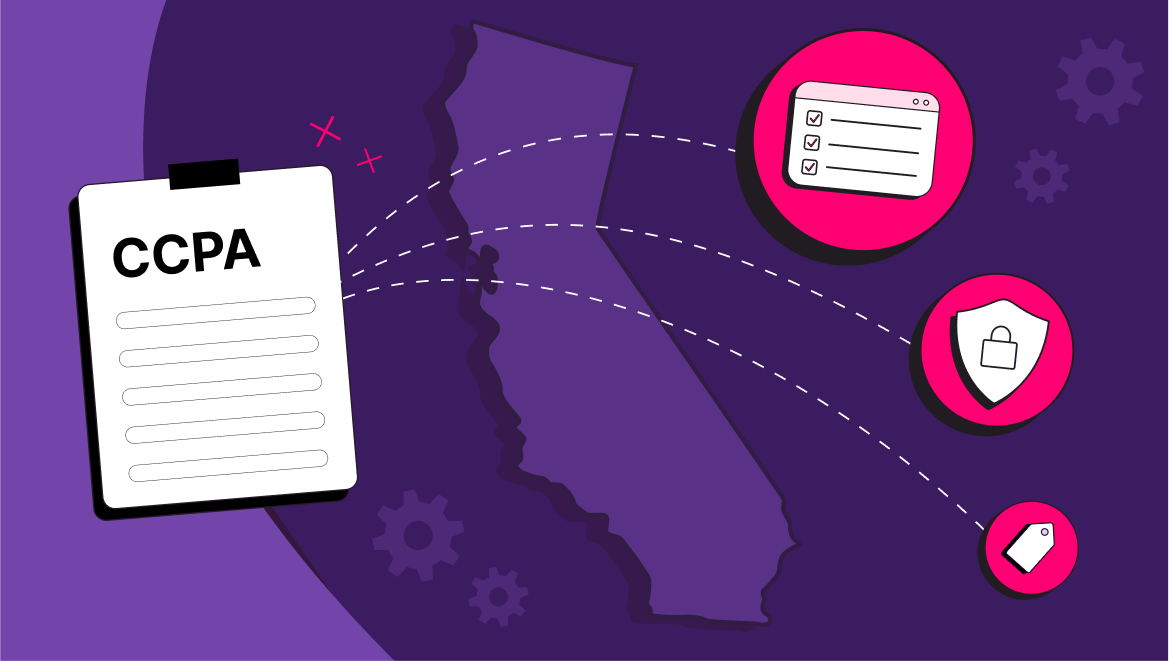The End of History: how keyword blacklists are killing the past
Jonathan Marciano
|Marketing | December 11, 2019

Kelly Facer, VP of Revenue Operations, Sightline Media, the world’s largest publisher of military, history, and defense news, on her daily battle with blacklists
In a recent study, CHEQ found that 75% of safe history-related news content is being blocked from receiving advertising dollars, because of keyword blacklists. CHEQ procured an industry-standard blacklist of 2000 words which are widely used to prevent brands from appearing online next to harmful, hateful, or toxic content and administered by ad verification players. But it was found these lists are also blocking articles on history, from receiving monetization. CHEQ analyzed the blacklist against 225 neutral or positive online articles on a single news day and found that news sites from CNN, to The New York Times and The Guardian were flagging dozens of articles and refusing to serve ads on historical content. Words such as “weapons”, “died”, and “assassinated” effectively pulled the rug of advertising from articles talking about major events and leaders from JFK, to Martin Luther King, and wars from Waterloo to World War One.
Here we speak to Kelly Facer, Vice President of Revenue Operations, Sightline Media, the world’s largest publisher of military, defense news and history sites. Facer is responsible for the commercial operations of some of the most trusted and most-read history-news sites on the web – including HistoryNet, Military Times, and Defense News. However, she says despite the success of the sites, the unremitting modern adversary of keyword blacklists is a “daily battle” for her team.
How big an issue is keyword-based brand safety measures for your history sites?
It is a big issue. HistoryNet covers every single battle in history from a dedicated team of journalists, and with that, we end up with a significant level of blocking. When I look at a campaign, direct or programmatically sold, I look at a couple of things when we start to see issues with campaign delivery. The first question I always ask is, are you using a third-party verification service with brand safety measures in place? What I typically find is that advertisers that are using these third-party services have some sort of brand category blocklist in place, including war, politics, and general sensitive categories around gambling, sex, and dating. Then there are brands that take it a step further and add keyword blacklists for the mainstream media. For us, this does not work. We continuously have to seek exceptions to the rule. In particular, when we are just looking at open real-time bidding, we end up losing a significant amount of impressions.
How easy is it to ensure that special exemptions are given when advertising on history sites?
It is still a huge problem. Frequently keyword blacklists are still not being disclosed even when we ask. Agencies are great because they bring revenue, but at the end of the day, they do not want to go back to their client and make the recommendation that if you truly want to be on this site, you have to make exceptions to these rules. For them, it is another step in the process. For us, it is important to have a close relationship with the brand, in addition to the agency, so we can have both conversations, but it does not always work. It is a battle that we fight daily with brands and agencies to advocate for Defense News, Military Times, History Net, and the rest of our properties.
Is there a case for not advertising on history sites for brands?
We offer unparalleled independent journalism through and through. We have a dedicated newsroom of 35 reporters on the military and defense sites, 20 on the history net site – it is all factual. We don’t lean one way or the other.
How has this situation affected you as a business?
We have had to change our business model, and we have got to the point where we will not accept any blocking tags whatsoever. In the case of full blocking, this will automatically not allow the advert to be served if it detects a prohibited keyword. However, with monitoring, a keyword is flagged but, in that case, we will go ahead and serve the ads. However, with open RTB it is much more of a problem, and I cannot do anything about that. I have to monitor specific campaigns to make sure the blocking rate or monitoring rates do not get too high. It has become the price of being in publishing.
Do you find a lack of transparency about how decisions are made?
The issue with programmatic as a whole is that there is zero transparency from the buy side to the sell side. We have no idea what levers are being pulled, and what verification services are in place, or what targeting criteria have been embedded. It is just a guessing game about what could be going wrong and why we cannot figure out delivery until someone chooses to disclose. It sounds absolutely crazy that the First World War is not brand-safe but when the technology is just scouring the page for specific words rather than context it becomes challenging. The situation as a whole, hurts the publisher more than it hurts the advertiser.












